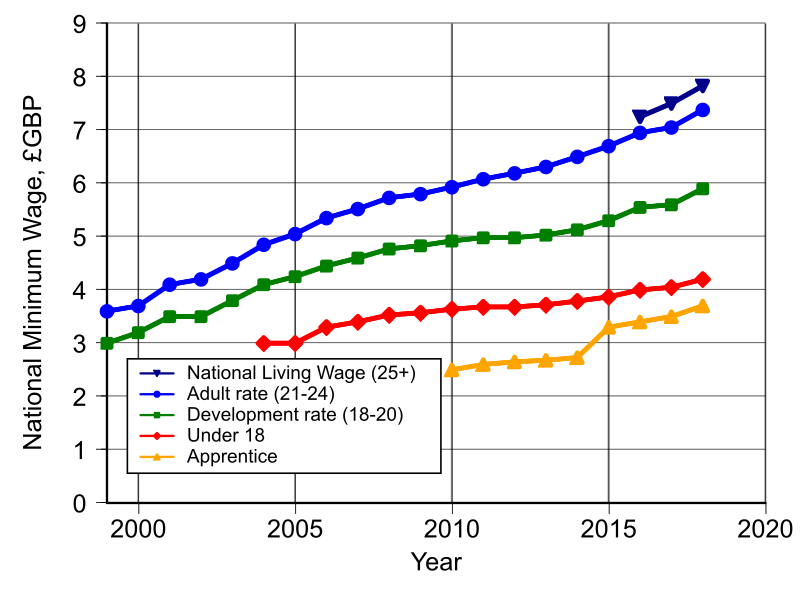Philippines Prepaid Card and Digital Wallet Market Set for $4.42B Growth by 2025

DUBLIN, June 9, 2025 — The prepaid card and digital wallet market in the Philippines is projected to experience significant growth, reaching an estimated USD 4.42 billion by the year 2025, according to a recent report from Research and Markets. This growth represents a compounded annual growth rate (CAGR) of 8.8% from 2025 to 2029, following a robust CAGR of 12.6% from 2020 to 2024. The report, titled "Philippines Prepaid Card and Digital Wallet Market Intelligence and Future Growth Dynamics Databook - Q2 2025 Update," highlights key drivers including financial inclusion initiatives, advancements in payment technologies, and evolving regulatory frameworks.
The Philippine government, through the Bangko Sentral ng Pilipinas (BSP), actively promotes digital finance solutions aimed at increasing financial accessibility among unbanked populations. According to Benjamin Diokno, Governor of the BSP, "The ongoing initiatives are designed to enhance the reach of financial services, particularly for those who have historically been excluded from the banking system." This initiative aligns with broader efforts to digitize the economy and improve the security of financial transactions.
Technological advancements are further reshaping the prepaid card landscape. Experts like Dr. Maria Santos, Associate Professor of Information Technology at the University of the Philippines, emphasize that innovations such as contactless payments, mobile wallets, and real-time fund transfers are enhancing user convenience and security. Dr. Santos noted, "The integration of these technologies not only facilitates smoother transactions but also builds consumer confidence in digital financial solutions."
Regulatory developments play a crucial role in shaping the prepaid card market. New regulations introduced to bolster consumer protection and ensure compliance with financial security standards are influencing market dynamics. Notable changes include updated transaction limits and measures to combat fraud, aimed at fostering a more secure payment environment. According to a report by the National Economic and Development Authority (NEDA), these regulations, while initially challenging for service providers, are expected to cultivate a more trustworthy financial ecosystem.
In terms of competition, the market landscape is becoming increasingly vibrant. Established banks and emerging fintech companies are vying for market share, with major players like GCash and PayMaya leading the charge. As noted by John Doe, CEO of GCash, "The competition is driving innovation and service diversification, which ultimately benefits the consumer."
The report indicates that the growth trajectory of the prepaid card and digital wallet market will be driven by a continued focus on financial inclusion and the integration of advanced technologies. Strategic partnerships, such as the collaboration between Ayala Corporation and Mitsubishi Corporation, further exemplify the potential for growth and innovation in this sector.
The anticipated evolution of the market is also closely tied to ongoing regulatory changes, particularly those stemming from the SIM Registration Act, which aims to enhance the security of digital financial interactions. As financial technologies continue to evolve, experts predict that product differentiation and enhanced security measures will become key competitive factors.
In conclusion, the prepaid card and digital wallet market in the Philippines is on a promising trajectory, with significant growth expected in the coming years. As the sector evolves, it will likely play a pivotal role in fostering greater financial inclusion and driving the digital transformation of the economy. Stakeholders are encouraged to remain vigilant in adapting to the ever-changing landscape of digital finance, ensuring that they leverage opportunities for innovation while adhering to regulatory standards.
Advertisement
Tags
Advertisement





